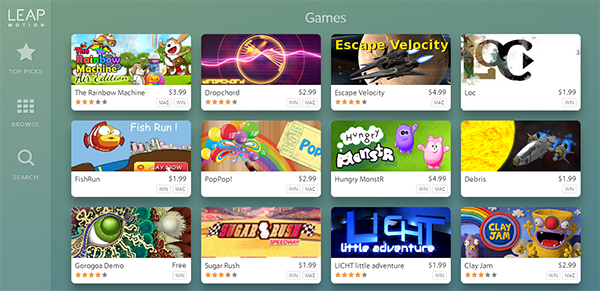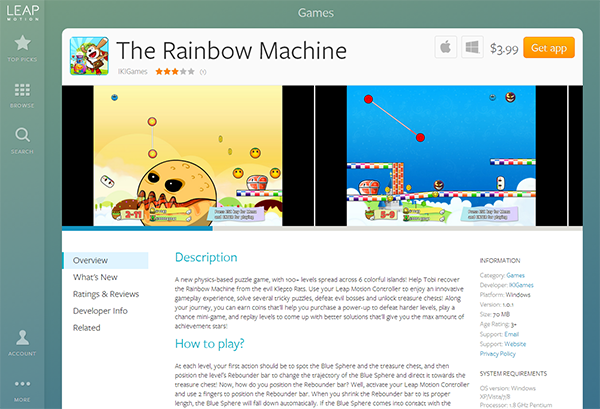Comments about warning “Deprecated Carbon Component Manager” on OS X El Capitan
Last November, after updating to OS X “El Capitan”, we started seeing a strange warning message when running DragonScales 2:
“WARNING: 140: This application, or a library it uses, is using the deprecated Carbon Component Manager for hosting Audio Units. Support for this will be removed in a future release. Also, this makes the host incompatible with version 3 audio units. Please transition to the API’s in AudioComponent.h.”
DragonScales 2 was built with LibGDX, and before updating to “El Capitan” it did run with no problems, warnings, etc. After some research, we were informed that this was caused by an OpenAL-Soft issue (which has already been fixed.) Specifically, Apple is deprecating some libraries, e.g., the Carbon Component Manager, and the OpenAL-Soft library was referencing such deprecated Carbon Component. When a game referencing these deprecated libraries is executed, newer OS X (e.g., El Capitan) shows the above warning. However, as told, this OpenAL-Soft issue was already solved on last November: the library is updated and ready for prime time.
A build of OpenAL-Soft is part of the LWJGL natives bundled with LibGDX. If you don’t use an updated build of OpenAL-Soft you’ll keep receiving the deprecation warning. As we commented on this thread, a quick fix is downloading the latest LWJGL3 build, grab the native libopenal.dylib and drop it over the OpenAL native bundled with LibGDX.
A caveat, though, about using the OpenAL-Soft included in LWJGL3 (at time of writing.) Some testers of DragonScales 2 for OS X reported a nasty crash. Here’s part of the crash report:
Dyld Error Message:
Symbol not found: ___sincosf_stret
Referenced from: /var/folders/*/openal.dylib
Expected in: /usr/lib/libSystem.B.dylib
Clearly, our OpenAL library was referencing a function not provided by OS X. It turns out that our testers were using an older OS X version (10.7, I think) whereas the libopenal.dylib bundled with LWJGL3 was targeting OS X 10.9. In fact, output of otool -l libopenal.1.17.0.dylib includes these lines:
cmd LC_VERSION_MIN_MACOSX
cmdsize 16
version 10.9
sdk 10.9
As our publishers require support for OS X >= 10.7, we had to compile our own libopenal.dylib. We set OS X 10.6 as deployment target and 10.11 (El Capitan) as the root SDK, by using these CMake variables:
-DCMAKE_OSX_DEPLOYMENT_TARGET=10.6 -DCMAKE_OSX_SYSROOT=macosx10.11.
By the way, here you can find OS X SDKs if you need them.
Checking our build with otool, yields:
Load command 8
cmd LC_VERSION_MIN_MACOSX
cmdsize 16
version 10.6
sdk 10.11
This version of the library passed all our tests successfully.


